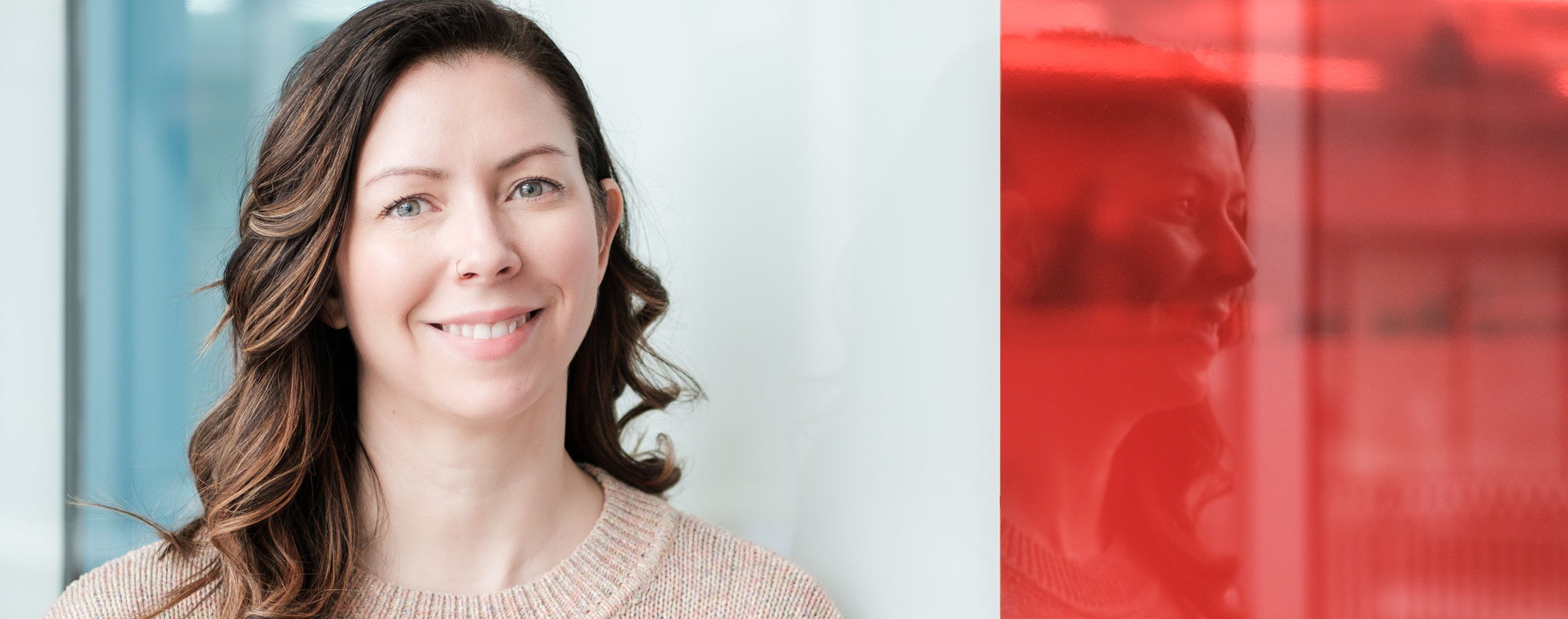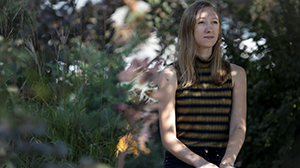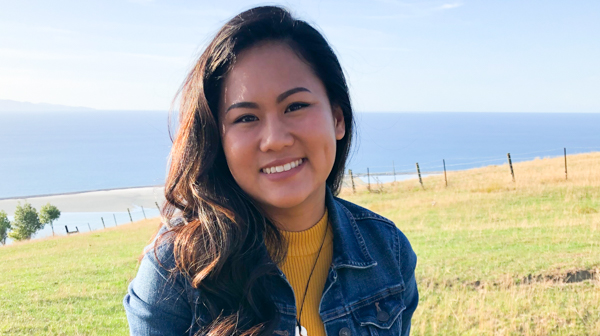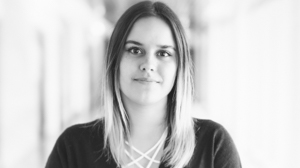Meet Your Professor: Psychology instructor Dr. Allison Reeves' winding path to UofGH

For University of Guelph-Humber Psychology instructor Dr. Allison Reeves, it was only after years of rigorous post-secondary education and significant time spent travelling the world volunteering for various health initiatives that her professional calling became clear.
Dr. Reeves, a Registered Psychologist in Toronto and an Assistant Professor in Psychology at the University of Guelph, began her academic career knowing she wanted to work in some capacity in the health field.
One day, she found some information on violence against Indigenous women in Canada, and from that point on, she began to find her focus.
“That prompted a whole series of events in my life,” Dr. Reeves reflected. “I became interested in working with women who are survivors of trauma, and in particular, in Indigenous communities. I worked with Elders at the university I was attending who were the Elders in Residence, who directed my journey and who I’m still in contact with. I did more looking into my own ancestry and found that I have some mixed ancestry and some Indigenous ancestry.
“It was a whole journey,” she added. “I didn’t start out saying that I was going to become a Psychologist who works in Indigenous communities.”
A coast-to-coast academic journey
Dr. Reeves had been pursuing a Master’s in Health Promotion from Dalhousie University when she had that realization. But it was not until she began working directly with trauma survivors that she began to realize Psychology might be the best path for her.
“When I did my Master’s, and in particular worked with young women in reserve communities in Nova Scotia who had experienced sexualized violence, I started to realize I might benefit from training in counselling, because people were sharing traumatic content with me and I wasn’t sure how to respond to them in that moment in a good way without making things worse,” she remembered.
“That’s what prompted me to segue into Psychology a little late in the game.”
She went on to complete a Master of Education in Counselling Psychology degree and eventually a PhD in Clinical Psychology and a post-doctoral fellowship from the University of Toronto. Her research looked at the effectiveness of integrated mental health treatment approaches within the Indigenous community.
Upon graduating, Dr. Reeves spent years working as a Psychologist at Anishnawbe Health Toronto, where her work focused on Indigenous community healing.
“Western Psychology is sometimes limited in working cross-culturally with folks, especially in an Indigenous community context,” Dr. Reeves explained. “Western Psychology doesn’t tend to recognize colonialism, and all theories in Western Psychology are just that – they’re Western, and they don’t always apply to people around the world.
“At Anishnawbe Health, we have a whole traditional team of people – counsellors, Healers and Elders – who the patients can see, and they can also see social workers, psychiatrists and psychologists. Patients can create and design their own mental health programs. And oftentimes they like an integrated approach where they have the best of both worlds.”
Making a difference around the globe
In between her studies, Dr. Reeves volunteered all over the world. She worked at the International Organization for Migration in Geneva, Switzerland working on health promotion initiatives. She also volunteered in India at an NGO supporting women’s health. And she travelled to The Gambia in West Africa volunteering with an organization that teaches young people healthy sex education.
“I think the through-line for me from all of those journeys tends to be doing supportive volunteer work around healthy sexuality and recovery from trauma in particular in marginalized communities,” she said. “I was fortunate to get scholarships from school and work here and there so I was able to cobble together a living wage. It’s been wonderful.”
She also spent time as an Assistant Professor at the University of Victoria before coming to UofGH and the University of Guelph earlier in 2020.
Dr. Reeves recalls being in classes with as many as 1,500 other students during her own undergraduate education, and she appreciates UofGH’s smaller class sizes.
“I like the fact that it’s a way smaller program compared to other undergraduate programs, which means I can actually get to know my undergraduate students,” she said. “Already I’m forming personal connections with students, so that’s been lovely. And I appreciate the incredible diversity on campus.”
And given that she grew up in nearby Brampton, it’s something like a homecoming for Dr. Reeves.
“It is so funny that I’m having this full circle moment of coming back in life to this place.”








